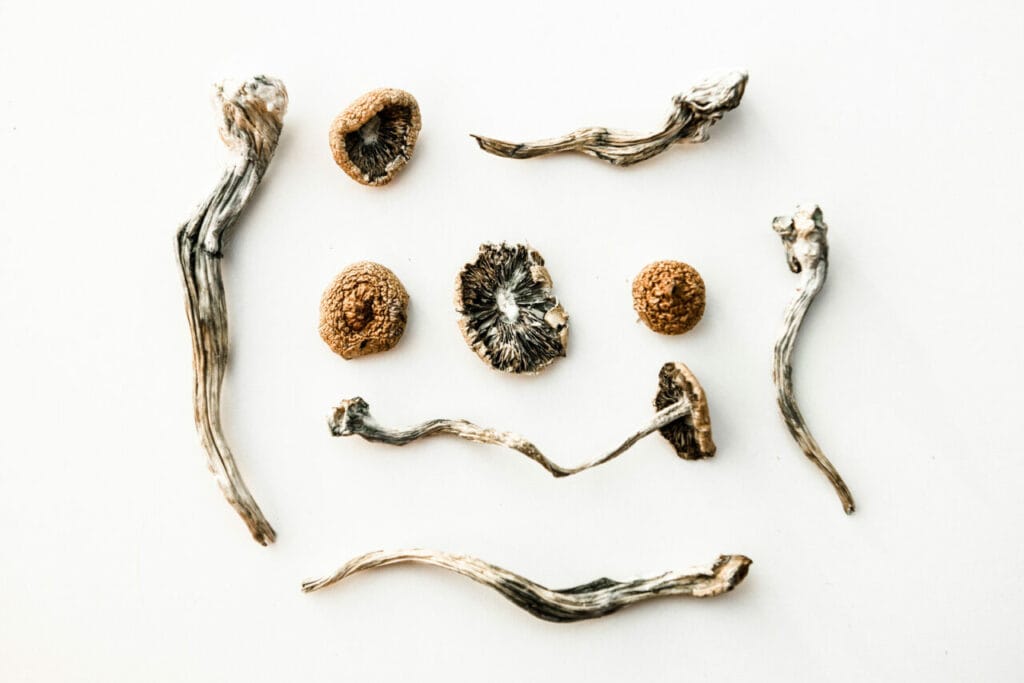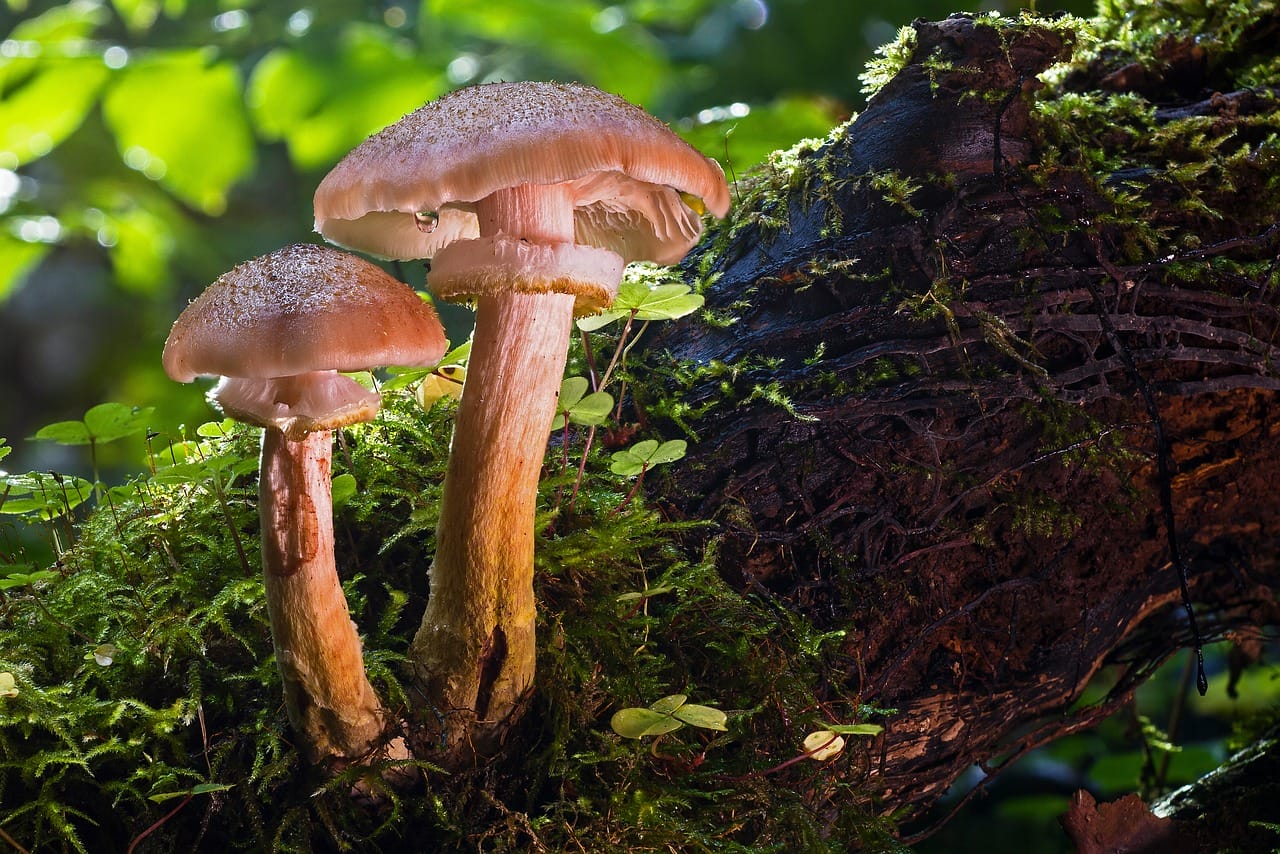While magic mushrooms were initially seen by many Canadians as a psychedelic substance mainly for recreational use, the scientific examination of their active ingredient, psilocybin, revealed its powerful effectiveness in treating a range of mental health disorders.
The more information comes to light, the more our understanding of psilocybin’s uses grows. Increased awareness makes it easier for people to acquire these products via magic mushroom delivery services. A recent study emphasizes its role in human consciousness. Could this be the key to its profound impact on the human brain? Let’s dive into this fascinating study of magic mushroom products.
Key Takeaways:
- Psychedelic magic mushrooms may have shaped the cognitive functions of early humans, contributing to their survival.
- Mushrooms play a crucial role in neurological health, with the capacity to alleviate symptoms of PTSD, depression, and anxiety.
- Psilocybin’s effects on consciousness and brain function could boost creativity, introspection, and abstract thinking.

Magic Mushrooms: Their Historical Use and Significance
Historical evidence indicates that our ancestors have been utilizing the power of psychedelic magic mushrooms since ancient times. Indigenous societies employed them in sacred rituals and traditional ceremonies to honor their gods. They flourish worldwide, especially in subtropical and tropical regions like South and Central America, the Caribbean, Southeast Asia, and Africa.
Shrooms in Ancient Civilizations: Their Role
Indigenous communities in Mexico have historically used these fungi for spiritual enlightenment, divine communication, and religious rituals. The Aztec Indians of South America referred to it as “God’s Flesh,” employing it in healing ceremonies.
Evidence of use can be traced back to:
- Approximately 10,000 years ago in Australia
- Close to 7,000 years ago in North Africa
- Round about 6,000 years ago in Spain.





